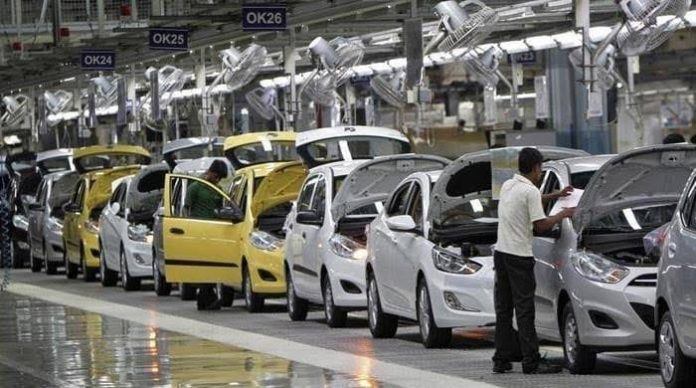The Pakistani car industry is facing a significant challenge with the government’s decision to raise sales tax on larger vehicles. The move, from 17% to 25%, has been met with strong opposition from car manufacturers, particularly the Pakistan Automotive Manufacturers Association (PAMA). Their concerns primarily revolve around the potential negative impact on local car makers, exacerbating the existing struggles within the industry.
One of the main arguments put forth by PAMA is the perceived unfairness of the tax increase. They argue that it disproportionately affects local manufacturers while sparing those who import used cars. This creates an uneven playing field and puts local manufacturers at a competitive disadvantage, further hindering their ability to recover from the existing challenges, such as declining production and sales due to inflation and low demand.
PAMA’s apprehension about the tax hike’s impact on consumer demand is valid. With cars becoming more expensive as a result of the increased tax, potential buyers may be deterred from purchasing new vehicles, leading to a further decline in sales. This could prompt consumers to opt for used cars instead, which would not only harm the local industry but also reduce the government’s revenue from new car sales.
Moreover, PAMA questions the effectiveness of the tax increase in generating substantial revenue for the government. They argue that the negative repercussions on the industry and consumer behavior may outweigh any potential gains in tax revenue, ultimately resulting in a lose-lose situation for both the industry and the government.
In light of these concerns, PAMA has urged the Finance Minister to reconsider the decision to raise sales tax on larger vehicles. They have provided evidence, including a chart illustrating the decline in car production and sales over the past five years, to support their argument. PAMA advocates for alternative measures that would support the local car industry and stimulate demand, rather than further burdening it with additional taxes.


